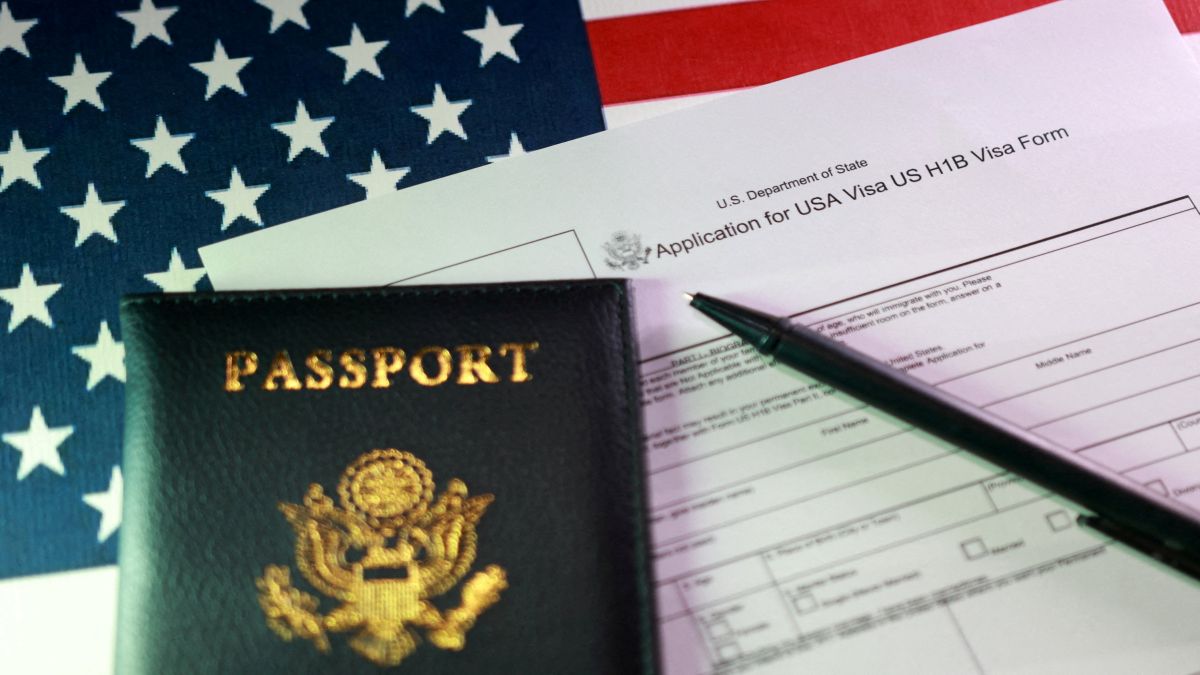In a big shakeup of global soft power, the United States passport has dropped out of the world’s top 10 most powerful passports for the first time since the Henley Passport Index was established 20 years ago.
The American passport has now fallen to 12th place, a two-spot decline from its previous ranking, tying with Malaysia.
US passport holders now enjoy visa-free access to only 180 of 227 global destinations, a stark difference from its peak ranking of No. 1 a decade ago. The new index, which ranks passports based on data from the International Air Transport Association (IATA), shows the Asia-Pacific region solidifying its lead. Singapore now tops the list (193 visa-free destinations), followed by South Korea (190) and Japan (189).
Why has the US passport dropped out of the top 10?
The recent drop from 10th to 12th position has been attributed to a series of access changes rooted in geopolitical dynamics and a lack of reciprocal visa policies.
The US lost visa-free access to Brazil due to its failure to offer reciprocal travel arrangements and was notably excluded from China’s expanding visa-free travel list and Vietnam’s latest additions.
Policy adjustments by countries like Papua New Guinea, Myanmar, and Somalia’s new eVisa system further eroded the US score.
Does America’s ‘openness’ match its travel freedom?
The data reveals a major disparity between the travel freedom enjoyed by US citizens and the openness the US offers to others.
While Americans can access 180 destinations visa-free, the US itself allows only 46 other nationalities to enter without a prior visa, placing it 77th on the Henley Openness Index. This wide gap—second only to Australia—suggests that America’s increasingly insular stance is being reciprocated by the international community.
How is China’s travel power contrasting with the US?
In sharp contrast to the US decline, China has been one of the index’s biggest climbers over the past decade, leaping from 94th in 2015 to 64th in 2025.
China’s visa-free score has increased by 37 destinations in that time. Furthermore, China has dramatically increased its openness, now granting visa-free access to 76 nations—30 more than the US—and recently included Russia in its visa-free policy.
Impact Shorts
More ShortsThe declining strength and perceived volatility of the US passport is also leading to an unprecedented rush for alternative residence and citizenship options.
Data from Henley & Partners, a London-based investment and migration consultancy, shows that Americans are now the single largest group of applicants for investment migration programs in 2025. Applications from US nationals were 67% higher by the end of Q3 than the total for the previous year.


)

)
)
)
)
)
)
)
)



